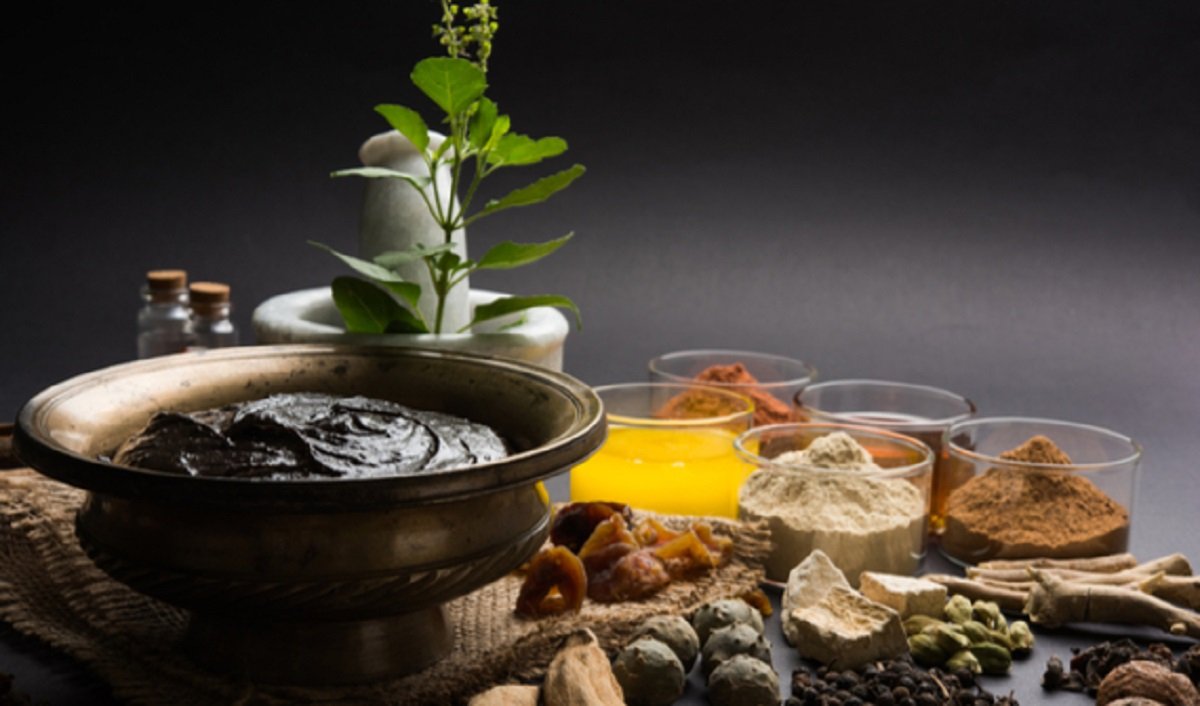New Delhi, 23 June 2025: As more patients seek holistic and less invasive treatment options, homeopathy—a centuries-old alternative system of medicine—has become increasingly popular across the world. At the same time, modern (allopathic) medicine continues to dominate mainstream healthcare due to its evidence-based approach and ability to manage acute and life-threatening conditions. This raises a critical question: Can homeopathy and modern medicine coexist? Or are they fundamentally opposed? Many doctors, both from conventional and alternative backgrounds, believe there’s a middle path where the two systems can complement each other when used wisely.
Different Philosophies, One Goal
Homeopathy is based on the principle of “like cures like” and uses highly diluted substances to stimulate the body’s healing mechanisms. It focuses on individualized treatment and often aims to address the root cause of a condition by boosting the body’s natural defenses. Modern medicine, on the other hand, is rooted in clinical trials, scientific validation, and pharmaceutical interventions aimed at directly targeting disease mechanisms. While their methods differ, both systems ultimately aim to restore health and well-being.
Where They Can Work Together
Many healthcare experts believe that homeopathy and modern medicine can be used in a complementary manner rather than competitively. For example, homeopathy is often used for chronic conditions such as allergies, migraines, anxiety, skin disorders, and digestive problems—especially when conventional medicines cause side effects or offer only temporary relief. Meanwhile, modern medicine is more suitable for emergency care, surgery, and infectious diseases requiring antibiotics or antivirals. In some cases, homeopathic remedies are used to ease the side effects of chemotherapy, improve sleep, or reduce anxiety alongside standard treatments, helping patients feel more balanced.
The Case for Integration in Chronic Care
One of the strongest arguments for coexistence lies in the management of chronic and lifestyle-related diseases. Conditions like arthritis, asthma, irritable bowel syndrome (IBS), and hormonal imbalances often require long-term care. Patients sometimes experience side effects or diminishing returns with modern drugs. In such cases, carefully supervised homeopathic support can help improve quality of life, reduce dependence on long-term medication, and address emotional or psychosomatic factors that modern medicine may overlook.
Cautions and Conflicts
However, many doctors stress that homeopathy should never be used as a replacement for conventional treatment in critical or life-threatening situations. Conditions like heart attacks, stroke, severe infections, or uncontrolled diabetes require immediate and evidence-based intervention. Another concern is self-medication or unqualified practitioners promoting homeopathy as a miracle cure, which can delay essential medical care and worsen outcomes. Experts also warn against mixing medications without consulting trained professionals, as even natural remedies can interfere with prescribed drugs.
Bridging the Gap: The Need for Dialogue
For true coexistence, medical professionals from both disciplines must be open to learning and collaboration. Patients are increasingly choosing integrative approaches, and healthcare systems are beginning to respond. In some countries, integrative medicine clinics offer a combination of homeopathy, modern medicine, nutrition, and physiotherapy under one roof. More research is also being encouraged to evaluate the safety and efficacy of homeopathic remedies using modern scientific methods.
What Patients Should Keep in Mind
Patients considering a combined approach should:
- Always consult qualified professionals from both systems.
- Share complete information with both homeopaths and doctors.
- Avoid stopping prescribed medications without medical advice.
- Focus on evidence-based use, especially in serious illnesses.
- Choose homeopathy for supportive care, not emergency treatment.
Homeopathy and modern medicine stem from different traditions, but they don’t have to be at odds. When used wisely and under professional guidance, they can support each other and provide more holistic, patient-centered care. The key lies in open communication, mutual respect, and a focus on patient safety and well-being. As healthcare continues to evolve, coexistence may not just be possible—it may be essential for a more inclusive, comprehensive healing experience.




